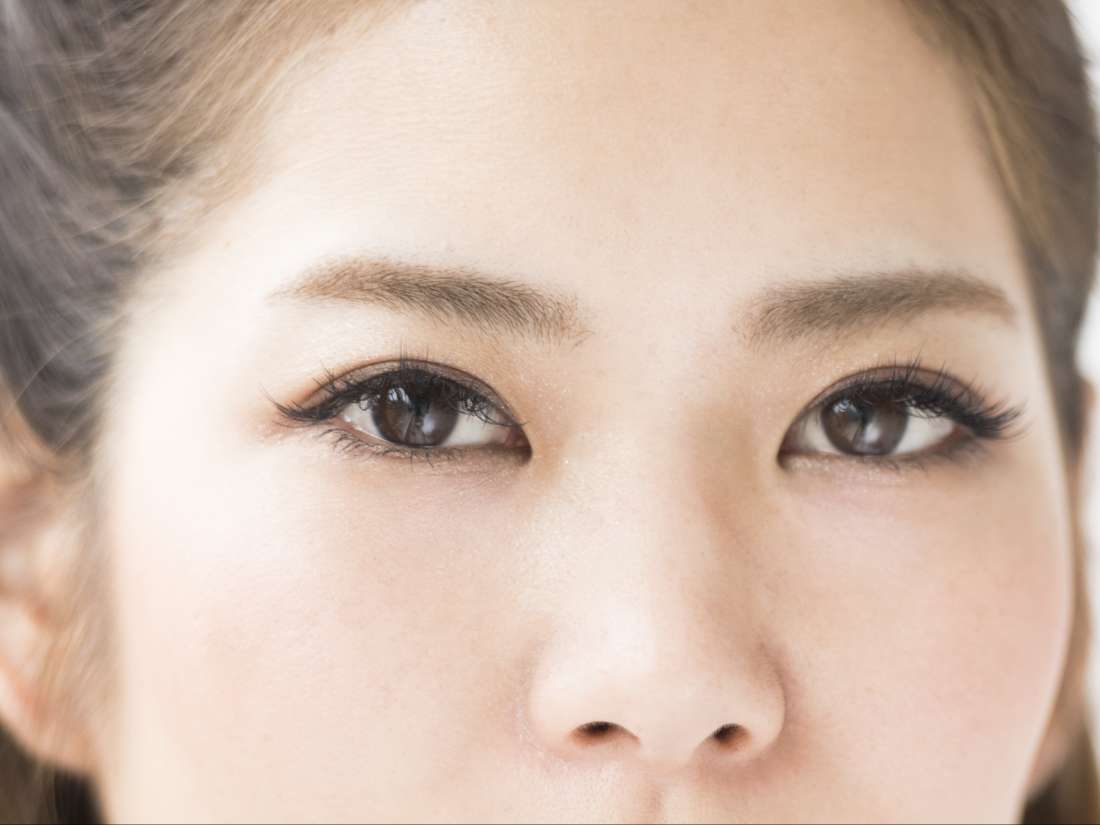
herbdavidguitarstudio
Music Brings Harmony To The WorldReverse Your Vision Problems With Nutrition
Saturday , 8, August 2020 Business and Management Comments Off on Reverse Your Vision Problems With NutritionA large number of people suffer from eye diseases like glaucoma, macular degeneration, and cataract and a large number of people suffering from such eye diseases are losing their eyesight. In a desperate attempt to save eye candy, many times cash is spent on drugs that sometimes offer the desired result.
If you are among the millions of people who suffer from an eye disorder and are therefore afraid of losing their eyesight, then be aware that there is evidence that certain foods that contain antioxidants and specific vitamin supplements can improve your vision. If you are looking for St. Louis vision loss lawyers then you can visit https://www.elmironeyelawsuits.com/st-louis-elmiron-lawyer/.

Image Source: Google
The first and most important thing that you need to do is to start protecting your eyes from the rays of the sun. Too much exposure to sunlight is an important culprit for the loss of vision. How can you stop the sun from sliding your eyes? Just keep your eyes on sunglasses to protect you from ultraviolet rays.
Next, the way to combat eye disease would be to boost your daily diet with loads of antioxidant foods. Antioxidant foods contain chemicals that can prevent oxidative damage to our bodies. A common oxidative injury is a macular degeneration – a celiac disease that causes blurring of their primary vision.
When body tissues use oxygen they produce free radicals and they can damage your system. The function of antioxidants is to protect the body from the harmful effects of free radicals. Lutein can reduce the damage brought by free radicals.
Fish oil includes DHA and EPA. DHA causes a substantial decline from hypertension, also known as intraocular pressure, which is a high glaucoma risk element. The EPA found in fish oil can be thought to play an essential role in preserving visual acuity.